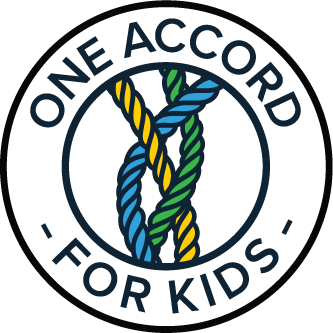Foster Care and Child Welfare Week in Review – September 18, 2023
Here are some news items from last week related to foster care, adoption, and child welfare that caught our eye:
Jon and Sarah Vineyard, a couple from Leander, Texas, have fostered six children, adopted one, and had one biological child. Sarah, whose parents also adopted over 30 children, learned about fostering through her family. Jon noted the gradual and subtle positive impacts fostering has on children, such as improved school performance and reduced nightmares. While the process to become licensed foster parents can take 3 to 6 months, the Vineyards find it extremely rewarding. Their story highlights the need for more foster parents in Central Texas, where nearly 1,000 children are waiting for adoption.
Child poverty in the United States increased significantly after pandemic-related financial aid programs ended in 2021, as per the U.S. Census Bureau. Data reveals that child poverty rates reached their lowest point during the height of the pandemic in 2020 due to government relief measures. However, once these benefits, including enhanced unemployment benefits and stimulus checks, ceased, child poverty surged. Experts emphasize the importance of continued support and advocate for policies addressing child poverty, including expanding access to affordable child care, affordable housing, and nutrition programs, to mitigate these alarming trends in child poverty.
The article discusses a Massachusetts policy that prevents faith-based adoption and foster care agencies from adhering to their religious beliefs while serving children. Due to a state mandate requiring these agencies to abandon their faith-based criteria for potential parents, several have been forced to close their doors. This policy has resulted in fewer agencies available to place foster children, ultimately leaving vulnerable children without homes and hindering religious freedom. The article argues that policies should respect religious beliefs, as faith-based agencies have historically played a significant role in finding loving homes for children in need.
Sign up for our e-mail updates and social media feeds below to stay informed on challenges and opportunities in our local child welfare system.

